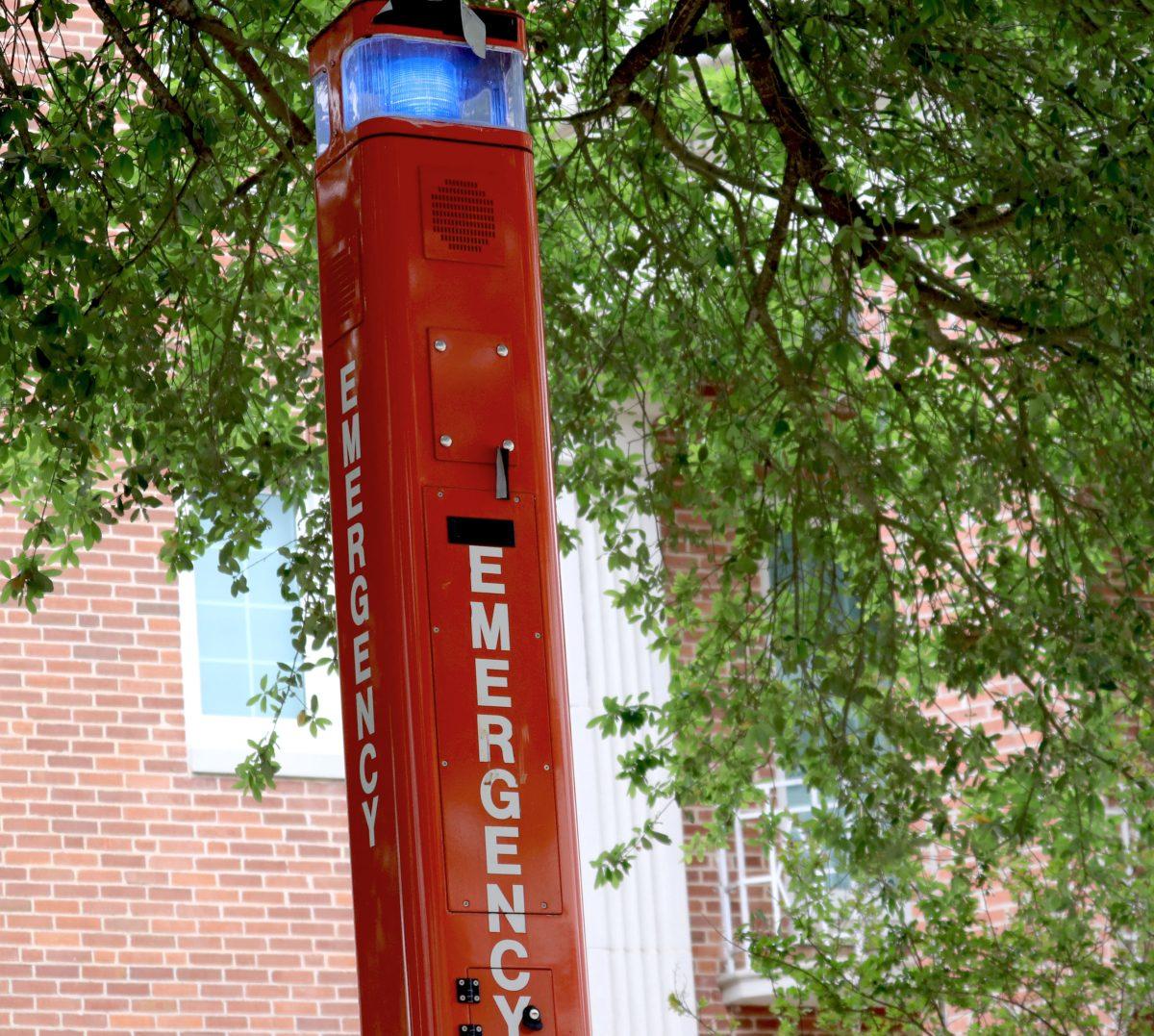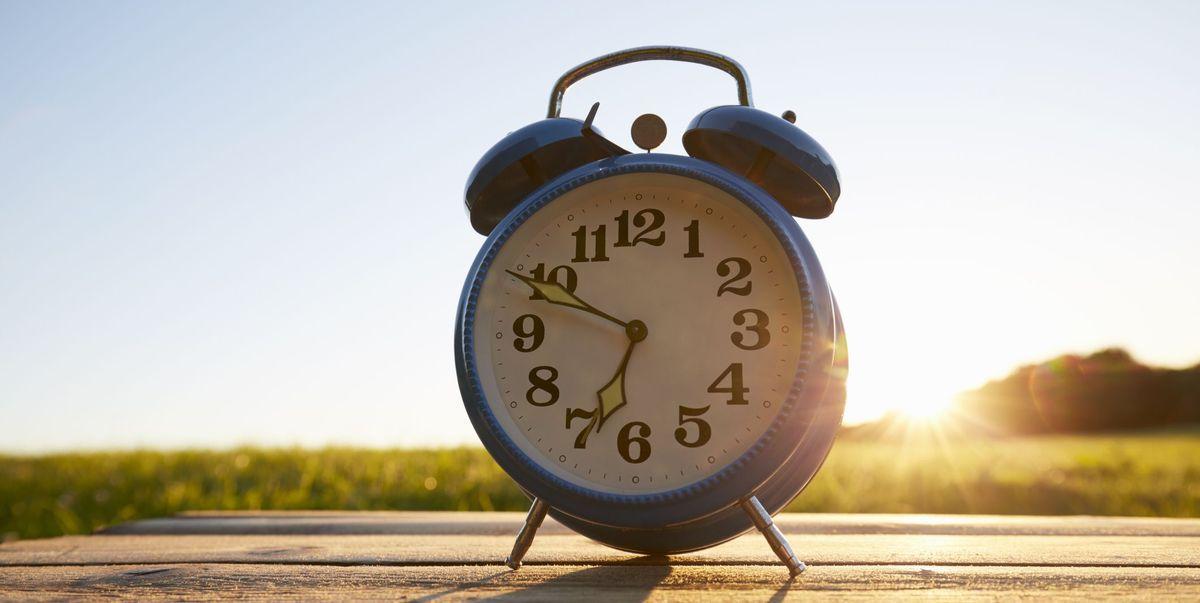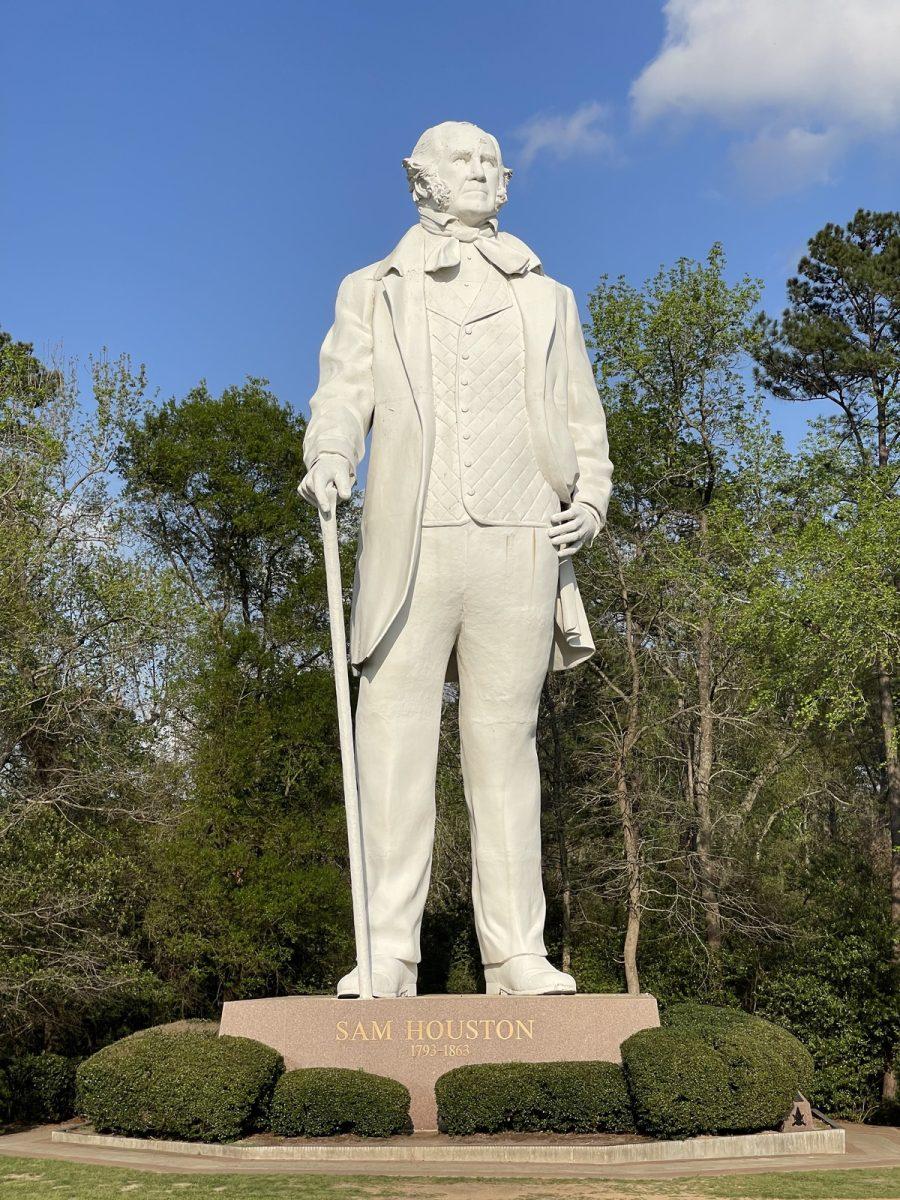I have an Aesthetics class with Dr. Stuart West Gurley. He is an interesting guy, an aesthetics teacher with an aesthetic. In the class, we have been reading through the great philosophers in two distinct periods, the Greek and Kantian thinkers. It was in the Greek thinking that I found an argument for something I believed without backing, that engaging with art is a valuable pastime and something worthwhile.
For a bit, I wasn’t even sure if I believed the idea. There’s a fine line between enriching art that challenges our perspectives and grows our humanity a bit and facsimile. All around us the facsimile is challenging art as the entertainment value pushes at the traditional purpose. We watch shows that have the depth and emotional impact of Saturday morning cartoons with zombie wrappers. While these too have a function, I saw people binge watching Netflix shows and wondering if that disqualified the useful aspects of art.
Then we came across Plato’s writing in the Republic. He wrote, through his understanding of Socrates knowledge, about how the poets and theatre troupes ought to be expelled from the city. They laid out the following argument in more winding, philosophical language; Society expects citizens to remain controlled and rational in the face of emotional turmoil. They then compare that cultural expectation with the arts, how they depict false events and force an emotional response, leaving stadiums in tears in response to fiction.
The intellectual tradition at the time thought this reaction was a negative thing, that a world absent of their inverse influence might help create a better more rational society.
I think there’s a different takeaway. I see the arts as opportunities to do exactly what Socrates disliked, to open us up to new experiences and prepare us in some small way for real life. As kids grow up they have to start grappling with questions about death and being, but children aren’t the only ones who must face new emotional ideas and scenarios. Adults do to, a parent dying, a friend’s rejection, a sense of a country that might reject our personal ideas, these are all tough things to process on the first time through, but nevertheless there is an expectation to receive them with the deft hand of someone experienced.
So that’s where art can come in. Watching a TV show where we can see, understand, and respond to death, subjugation, threat or any other inherently emotional subject might be the crutch we need to act as expected in reality. Of course when our parents die it will actually be more acute, more painful, but not necessarily a new mental experience.
With that in mind I return to the original question, does art even serve this proposed purpose in our daily lives today? It can, but does it, in the millions of people watching Netflix, booting up an Xbox or heading to the movies?
This is where the balance comes in. There are problems with ‘binge’ watching, the least of which is the appropriated nomenclature. Blocking out hours at a time to engage with entertainment, even artistic entertainment that can shift our perspective, is pushing against the beneficial qualities. If you spend your day not interacting with reality, the preparation we get in artistic venues is useless.
That said, I think escapism is another facet to the value of art. It’s a classification of our generation that we like to avoid problems, and that criticism can be a valid one though, often it is overused. The role of escapism techniques can be healthy, allowing us to work through the emotional impact of something in an elongated timeframe. Even to that, though, there has to be a balance. Running from problems and getting ready to deal with them can often be confused, and there is very little distinction between the two. When coping crosses the line into not dealing with something, it becomes a problem.
With escapism and the idea of art and entertainment preparing us for other parts of life, I think we are left with a tricky balancing act, but one that can be rewarding. Watching a movie that grows us, or playing a game to escape an afternoon, can be helpful and valuable. As with most things, too much can be devastating, a habit-forming crutch. But finding that right balance, and making sure the art we engage with is worthwhile, can end up helping us stay relaxed and ready for whatever life throws at us.





